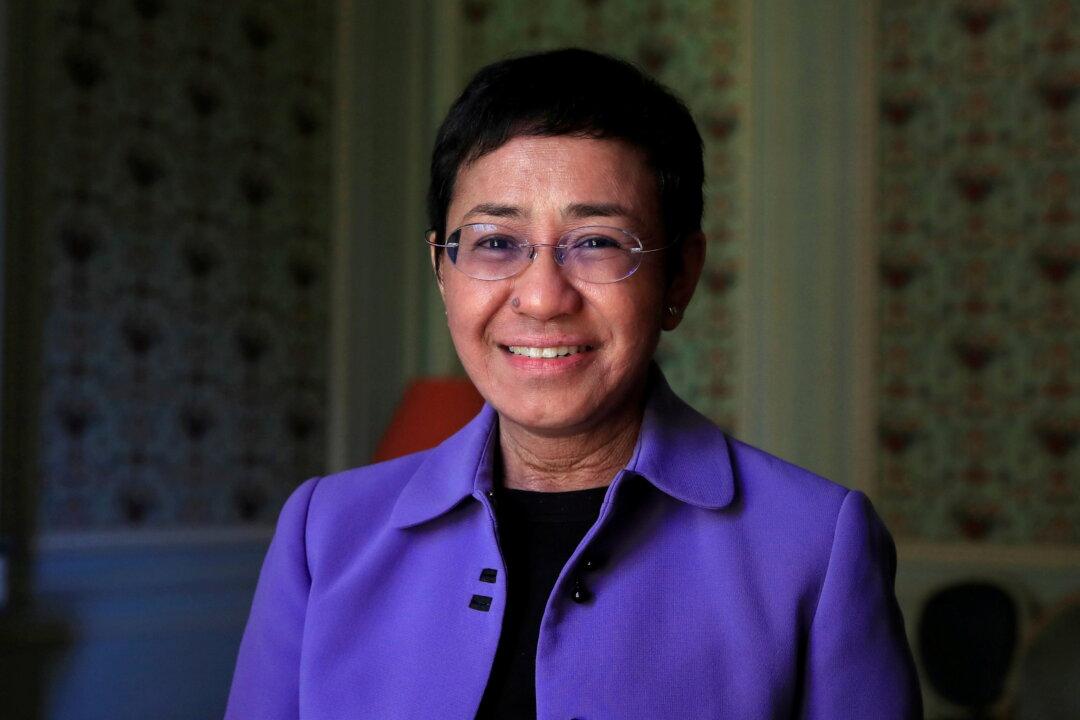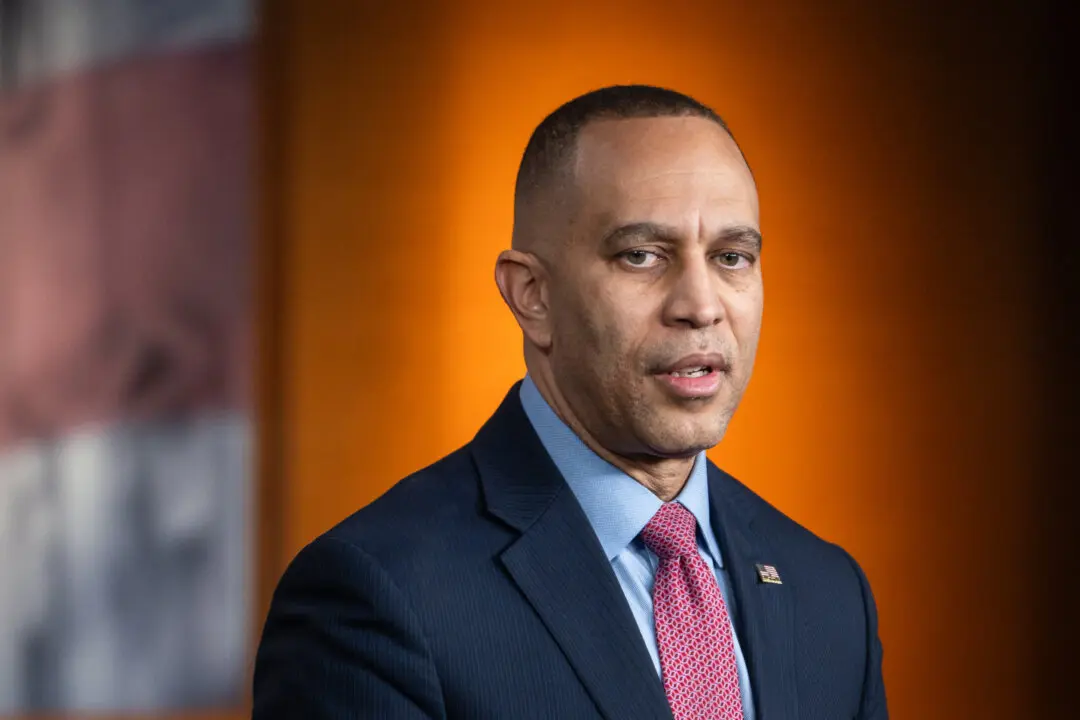A Philippine court on Wednesday cleared a Nobel Prize-winning journalist and her news site of tax-evasion charges filed by the former Duterte government in 2018, a verdict that rights group hailed as “a victory” for the Philippine media.
The court acquitted Maria Ressa and Rappler Holdings Corp. (RHC) as prosecutors failed to prove “beyond reasonable doubt” that they evaded tax payments when raising capital through partnerships with foreign investors.





